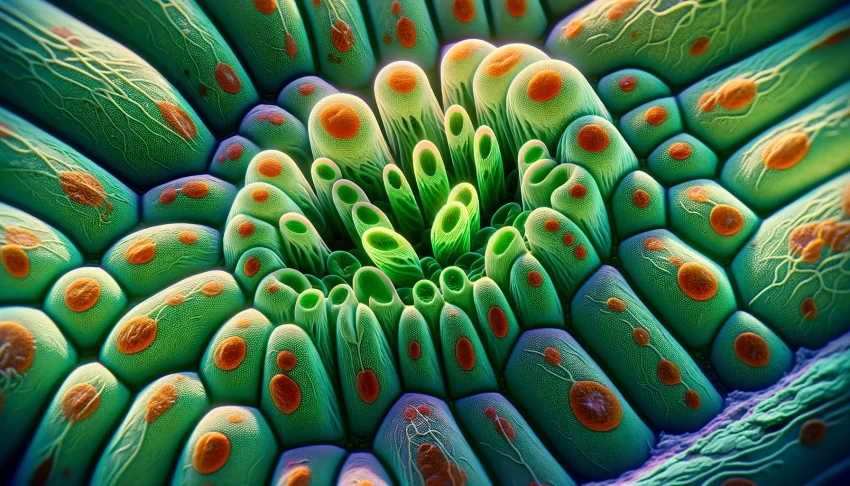A breakthrough discovery detailing the hijacking of nucleotide biosynthesis and deamidation-mediated glycolysis by Kaposi’s sarcoma-associated herpesvirus (KSHV) has significant potential to aid the development of therapies for KSHV-associated diseases, which have notoriously poor prognoses. This pioneering research was shared in Nature Communications, where the international team of researchers explained their in-depth investigation of the intricate virus-host interactions at play.
KSHV is responsible for three human conditions: Kaposi’s sarcoma (KS), primary effusion lymphoma (PEL), and multicentric Castleman’s disease (MCD). Current treatment options for these diseases are limited and often lead to rapidly developed drug resistance. These diseases typically affect immunocompromised individuals, including those with AIDS. KSHV can also cause KSHV inflammatory cytokine syndrome (KICS), which has a staggering mortality rate of up to 60%.
Through their extensive research, the scientists were able to elucidate the metabolic reprogramming of host cellular pathways by KSHV which includes glycolysis, glutaminolysis, and fatty acid synthesis pathways. They discovered that KSHV manipulates the metabolic enzyme family, Glutamine amidotransferases (GATs). In its normal role, GATs contribute to metabolic biosynthesis. However, a non-canonical function of GATs extracts the ammonia group from specific proteins, causing a post-translational modification process known as protein deamidation.
The team found that KSHV induces the activation of an enzyme known as Carbamoyl-phosphate synthetase 2, aspartate transcarbamoylase, and dihydroorotase (CAD), which leads to significant changes in metabolic pathways. Specifically, they found that CAD-mediated RelA deamidation drives aerobic glycolysis, resulting in enhanced cell proliferation.
The researchers also identified a viral mechanism, driven by a KSHV protein vCyclin, that reprograms nucleotide synthesis and drives glycolysis. Genetic depletion or pharmacological inhibition of this viral program impeded KSHV replication and tumorigenesis both in vitro and in vivo, laying the groundwork for future therapeutic developments.
Information Box:
– Kaposi’s sarcoma-associated herpesvirus (KSHV) causes diseases that are difficult to treat and have high mortality rates, particularly among immunocompromised individuals.
– KSHV manipulates host metabolic pathways, leading to cell transformation and tumor progression.
– KSHV reprograms nucleotide synthesis and drives glycolysis via the activation of the enzyme CAD.
– Targeted therapies that inhibit these processes could provide an effective treatment for KSHV-associated diseases.
Reference 1:
Wan, Q., Tavakoli, L., Wang, TY. et al. Hijacking of nucleotide biosynthesis and deamidation-mediated glycolysis by an oncogenic herpesvirus. Nat Commun 15, 1442 (2024). https://doi.org/10.1038/s41467-024-45852-5

